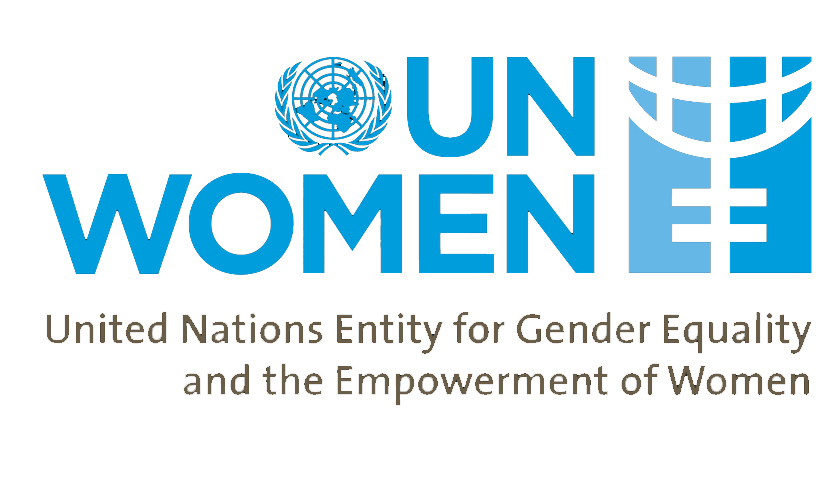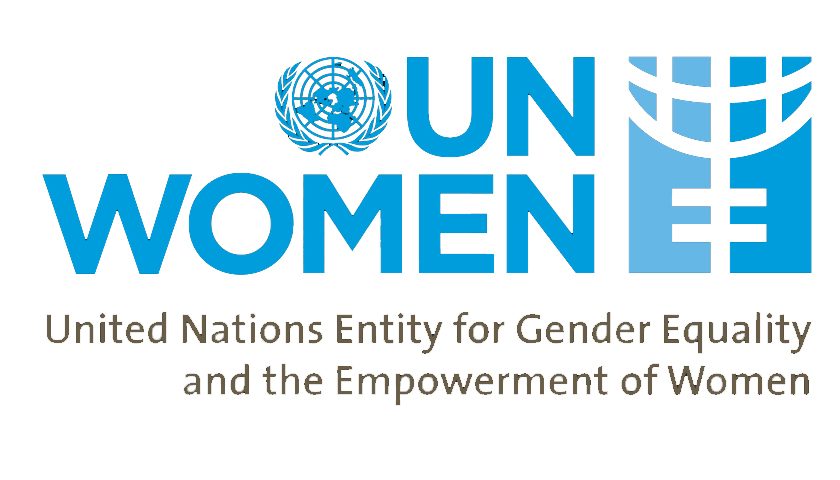“It’s a miracle I’m alive”, says Maria Maldonado, from Argentina. Like many women across the world, she has survived years of abuse from an intimate partner. One in three women experience physical or sexual violence at least once in their life, a figure that has remained largely unchanged over the last decade.
UN Women’s new documentary series “UNSILENCED: Stories of Survival, Hope and Activism”, aims to shed light on such violence against women and girls, while also presenting solutions and advocating for action.
Featuring survivors, service providers, and activists across 16 countries, the series explores a wide range of threats women face—and the myriad ways they are standing up to them. Narrated by UN Women Goodwill Ambassadors Nicole Kidman and Marion Reimers, “UNSILENCED” serves as a call to action in the global movement to eradicate violence against women and girls.
The series premiered on 26 April on Waterbear, and is now also available to watch on YouTube.
Episode 1
Women with disabilities are two to three times more likely to endure violence, often at the hands of family members, intimate partners, caregivers, and even within institutional facilities.
Episode one features Drita, an Albanian woman, and her journey to secure custody of her children and liberate herself from her abusive partner, and shows how programs to enhance digital literacy can help empower women survivors with disabilities to stand up for their rights.
“This disease is something no one can love. I have lost my sight in one eye, while with the other I can look only straight”, says Drita. (A pseudonym has been used to protect her identity.)
The episode also features survivor accounts from Nigeria, Morocco, Timor Leste, and Mexico.
Episode 2
“He was older than my father. I didn’t want to get married, but it was arranged anyways”, Meghna, a pseudonymous survivor from Bangladesh, recounts. She was merely a teenager when she was first trapped with an abusive husband.
After leaving her husband, Meghna was met with yet more coercion and abuse from another man. But she boldly confronted his family, declaring that she refused to marry him and would seek justice from the courts.
Episode two features Meghna’s lawyer, the women’s rights activist Ayesha Akhter, who has fought for legal reforms in Bangladesh alongside UN Women and local civil society organizations.
Along with Meghna’s story, the second episode highlights the importance of support services and access to justice through the experiences of survivors in Ecuador, Serbia, Solomon Islands, and Uganda.
Episode 3
In Argentina, we are introduced to Maria Maldonado, who shares her emotional journey of confronting and overcoming violence. She reflects on her journey escaping a violent marriage before emphasizing, “the best thing you can do is speak out; silence perpetuates the suffering”.
She also highlights the #NiUnaMenos movement, a powerful force that united Argentina and other South American countries against femicide, leading to significant legal reforms and policy changes. That movement is a prime example of innovative advocacy, demonstrating the dedication of passionate activists and women’s rights organizations working to reshape societal perceptions about ending violence against women.
Along with Argentina, the final episode covers women’s activist movements in Liberia, Vietnam, Kyrgyzstan, and Mali.

